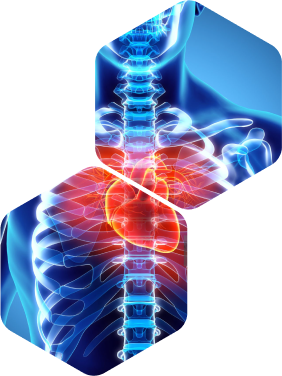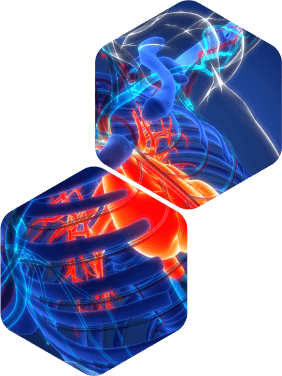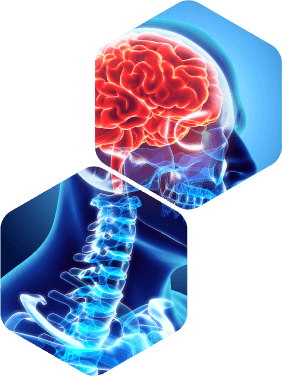What if we could see the body’s inner workings without touching it?
Discover how combining AI and Quantum (AQ) sensing could revolutionize healthcare, starting with the heart.
400M Global Cases of Ischemia, Heart Failure & Arrhythmia
Cardiovascular Disease in the US
$217B economic burden of heart disease each year
40% of Cardiovascular Deaths are related to coronary heart disease
Hospital Admission
Evaluation of suspected heart attack is the top reason for short-stay hospital admissions, which bears an annual cost of $3B
Current methods available to detect heart attacks are suboptimal
Measures the electrical activity of the heart
Sensitivity: 40%, Specificity: 91%
Shin, Clin Hemorheol Microcirc 2019;73(2):283-291
A blood test that helps diagnose heart injury
Sensitivity: 94%, Specificity: 44%
Adamson, Circ Cardiovasc Qual Outcomes. 2018 Feb; 11(2): e004227
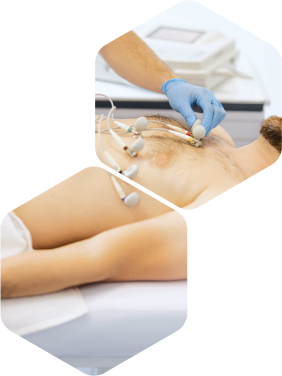
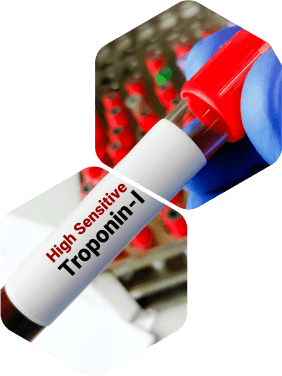
What do the experts say?

The current methods for heart attack diagnosis can miss many cardiac conditions. Blood tests are costly, take time to process, and give false negatives and positive.
Chief of Cardiology, Mount Sinai West, NYC

As a doctor, having the most accurate and timely information about a patient’s cardiac state is critical for making life-saving treatment decisions.
Cardiac Surgeon, Former CEO Cleveland Clinic
What is Magnetocardiography (Mcg)?
Measurement of the magnetic field produced by the electrical activity of the heart

First, let’s conceptualize a simple wire conducting current

This electric current produces a complementary magnetic field that wraps around the wire.

If you have a magnetic field camera and position it above the wire, you would see a 2-D magnetic field map

Changes in the current would induce a change in the magnetic field map
Our Mission
To radically improve confidence and speed in each patient’s heart health decision by using AI & Quantum


Our Approach: An Unshielded MCG Platform
Quantum Sensors enhance diagnostic accuracy by minimizing signal distortion.
AI-Powered Algorithms to produce high resolution, information-rich MCG data for clinicians.


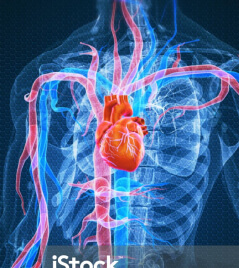
Detects the magnetic fields generated by heart activity.
Operates without the need for shielding, making it versatile for various environments.



Supports clinicians in making rapid and accurate diagnosis in clinical settings.
Provides feedback on heart activity and potential anomalies.


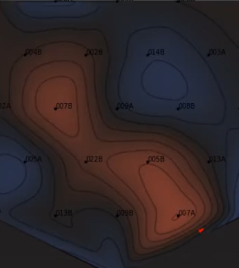
CARDIAQ, the Future of Cardiac Care, Today
Discover how CardiAQ uses artificial intelligence and high-performing quantum sensors to help clinicians make faster and more accurate decisions.
MCG Scan In 4 Simple Steps
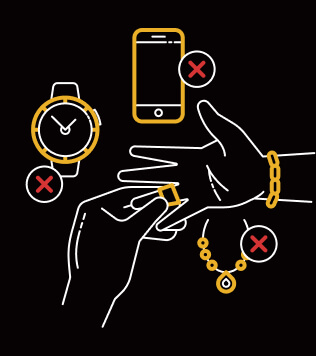
Remove all metalic and electronic items.
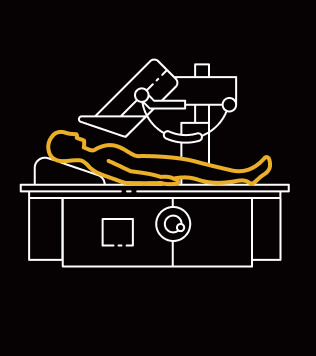
Lie down and position the sensor panel over the chest.
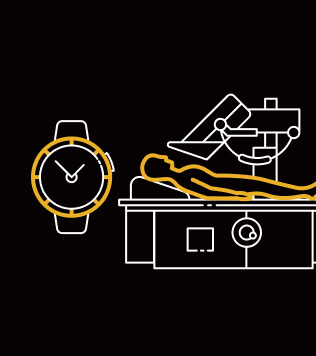
Remain still during the 5-minute MCG scan.
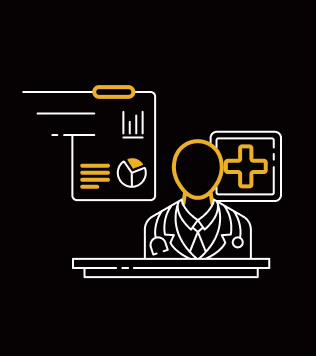
The physician receives the report within minutes.
MCG Data Example
Normal Individual
- Top: Magnetic field data as a time series, each line from a quantum sensor
- Bottom: Cardiomagnetic dipole at 300 ms; red and blue lobes diagonal, showing cardiac current direction
Try Out Interactive Slider On The Right Side
TRANSFORMING CARDIAC DIAGNOSTICS & Beyond
The real-world impact of these innovations are potentially diverse and transformative.
Designed to provide rapid, actionable insights into heart activity.
Could detect anomalies that complement traditional EKGs.
Could enable faster and more accurate diagnosis, potentially saving lives.
Detection of cardiac arrhythmias in adults.
Fetal MCG (fMCG) to assess fetal heart rhythm and conduction.
Diagnose myocardial inflammation and monitor treatment response.
Magnetomyography (MMG) to assess muscle function.
Magnetoencephalography (MEG) for brain mapping.
Magnetoneurography (MNG) to diagnose neuropathies.
